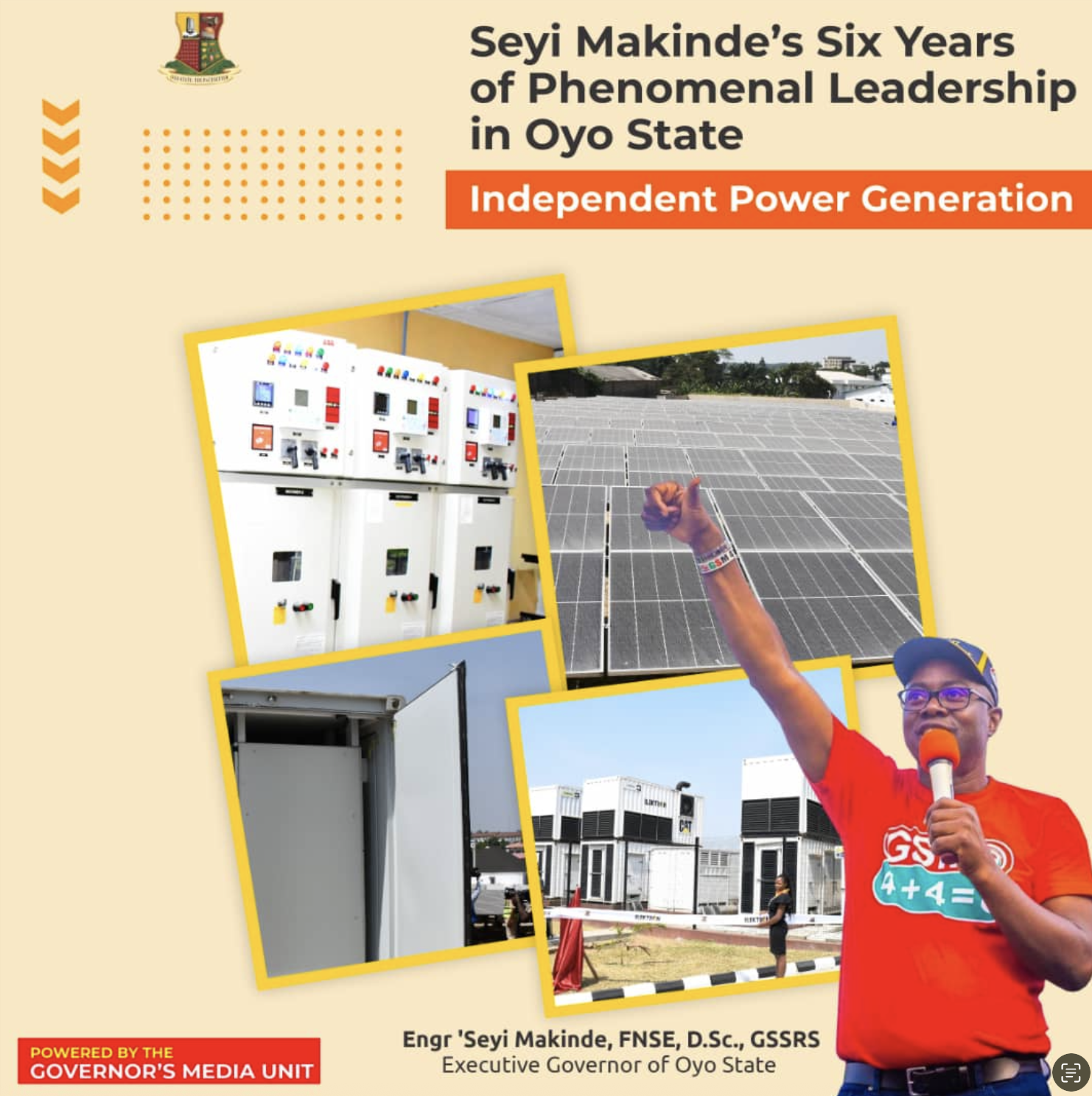When pioneer students of the Technical varsity, founded by the Oyo State government, resume next month, they will find they need more than reading their books to make good grades.
Vice-Chancellor of the University, Prof Ayobami Salami, said their grades would be determined by the right balance of scores they get in the theoretical and practical aspects of their courses.
Salami spoke when he led a team from the university to the headquarters of The Nation in Lagos on Thursday, where he was received by the Editorial Board Chairman, Mr Sam Omatseye, and other senior editorial board members.
The former Deputy Vice Chancellor (Academics) of the Obafemi Awolowo University ( OAU ), Ile-Ife, said courses would be graded on a 60:40 ratio – with theory attracting 60 per cent of score and practical 30 per cent.
He said students would be taught by both academics and experts on the field (including artisans). While lecturers teach and grade the theoretical aspects, experts with hands-on experience in the field – regardless of their educational qualifications – would teach and grade the practical aspect of the courses.
Salami said with this system, the university hopes to groom students thoroughly conversant with their subject areas who can fit seamlessly into technical roles required by their programmes of study.
He said: “If you score 55/60 in theory and score 15/40 in skill that will be 70 which will give you an A in any university but a failure in Technical University because it has not been balanced. Whether you have A, B, C or D is not a matter of the total mark you scored but the distribution. So you can score 60 per cent and score B and someone can score 80 per cent and score C depending on the balance of the skill and the theory. That is the way we want to go. So that by the time the graduate comes out of our university, he is not loaded with the theoretical concepts and principles. He has the skill to back up the certificate.”
However that is just one area the university plans to be different from others.
The Vice-Chancellor said all students of the institution are expected to graduate bilingual as well as get training in two vocations.
Surrounded by 13 Francophone out of the 18 countries that make up the Economic Community of West African States (ECOWAS), Salami said Nigerians have been losing out on international jobs because many professionals cannot speak French. He said Technical University graduates would be able to claim these juicy international appointments after undergoing the institution’s Language programme, which would include two immersion sessions at the French Language Village in their first two years of study.
Regarding vocational training, Salami said by their third year, each student would have been certified experts in two vocations with which they could start their own businesses.
He said the best ideas would also learn to write proposals and get funding to run.
Courses being run by the university which sits on 200 hectares of land along the Ibadan-Lagos expressway are dictated by the needs of the Nigerian economy. Salami assured that the institution’s aim to remain on the cutting edge of teaching and learning necesitates that its curriculum is designed in collaboration with industry experts, who he said would also be involved in its implementation.
He said this was a departure from the norm in conventional universities where academics sat to design courses based on what they think society needs.
When asked about the sustainability of the institution beyond the present political dispensation, Salami said the institution would not depend on the Oyo State government for funding in perpetuity and would charge competitive fees.
He said: “Oyo State government is starting this university – mid-wifing it – let me say serving as a facilitator. It is not going to be funding it in the long run. So there is an exit plan. The plan is that government will midwife it – for now they are paying for everything – but after a while there is a systematic programme that maybe 20 per cent this year; I am just talking hypothetically – from 100-60-20-30 to zero. Overtime, the university will be paying for its own staff while the government will be responsible for just infrastructure.
“The model is actually a PPP model. So, let me say that we are going to charge like private universities. It is government university but with a private sector orientation. However, in order not to shut out children of the poor, there must be safety nets. We have created a scholarship basket for which we are approaching government at all levels, corporate organizations, foundations, philanthropists to contribute.”





























